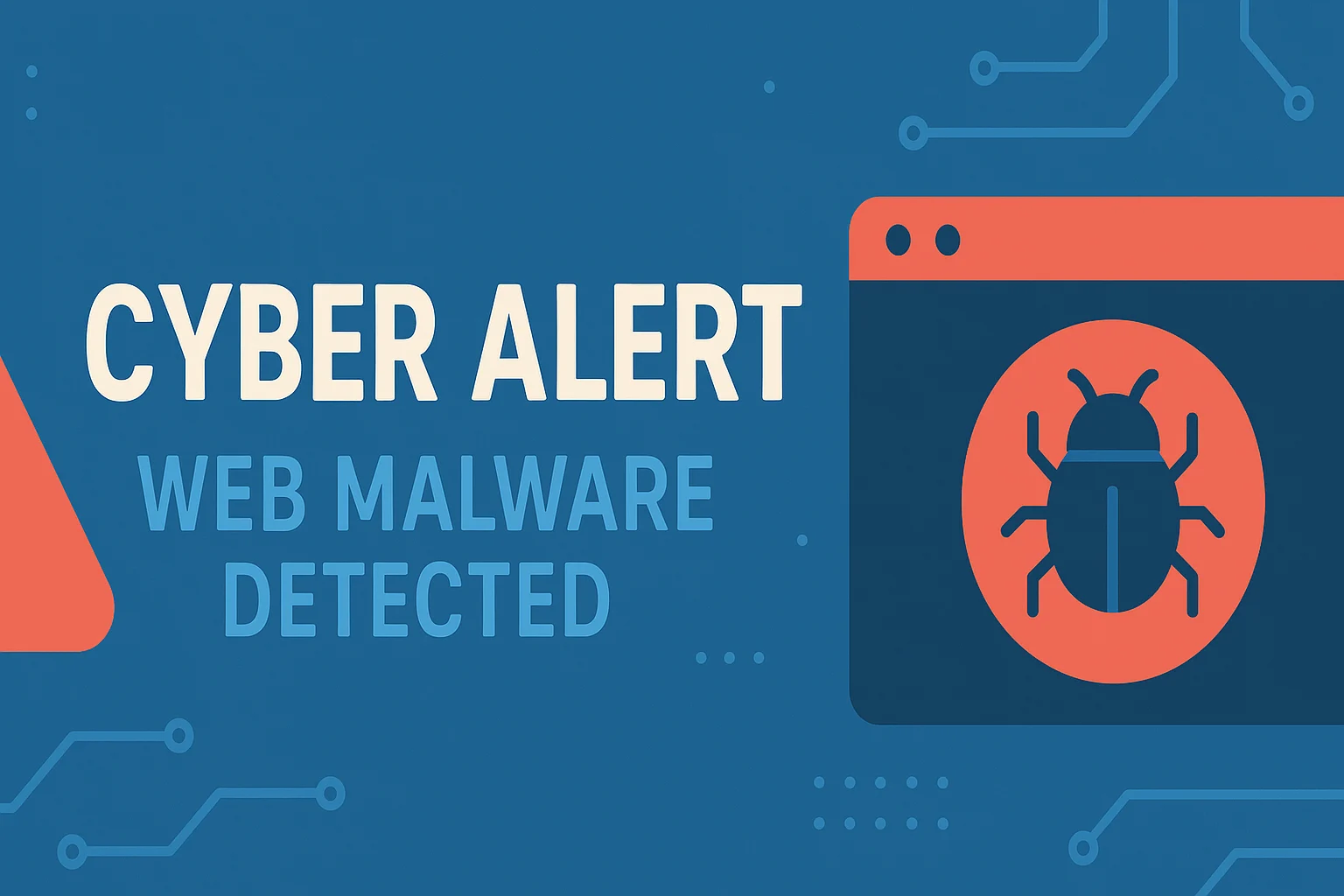The rapid adoption of AI agents is fundamentally changing web security paradigms, creating new vulnerabilities that malicious actors are actively exploiting. AI agents from major providers like OpenAI (ChatGPT), Anthropic (Claude), and Google (Gemini) now require elevated permissions to perform transactional operations, breaking the traditional cybersecurity assumption that “good bots only read, never write.” This shift has opened the door to sophisticated spoofing attacks that can bypass traditional bot detection systems.
Read More








